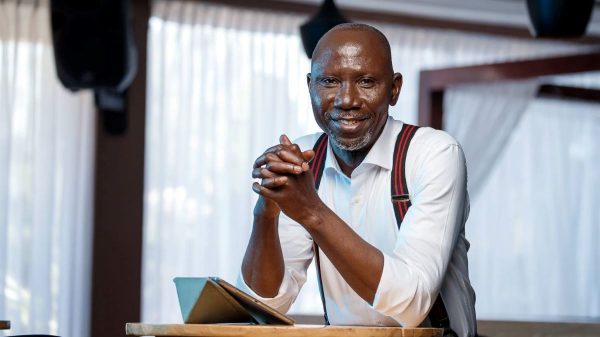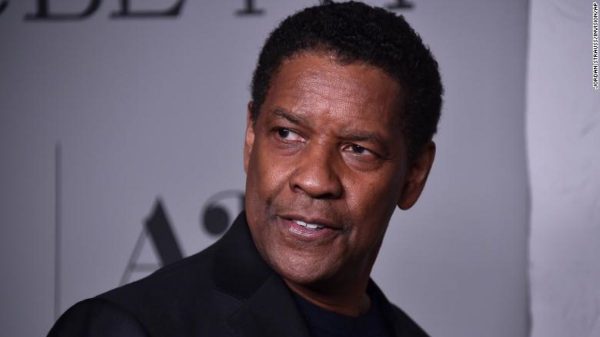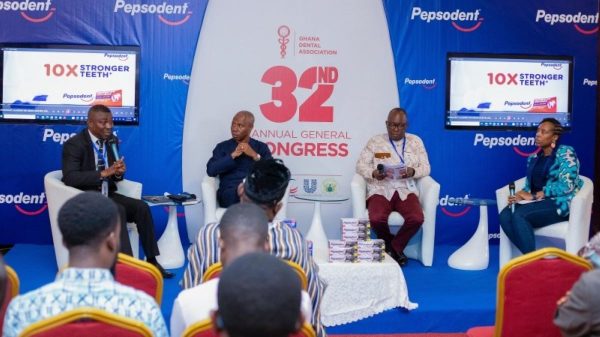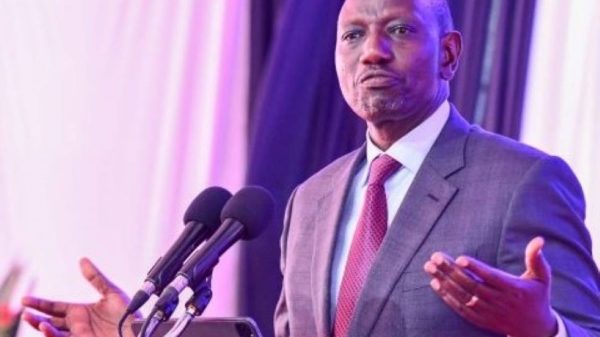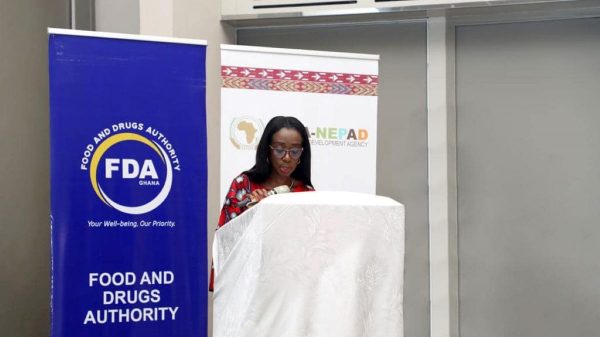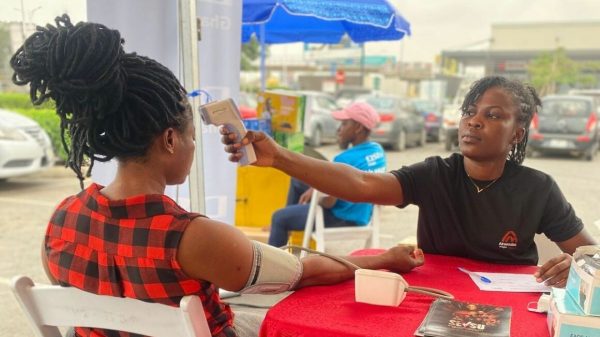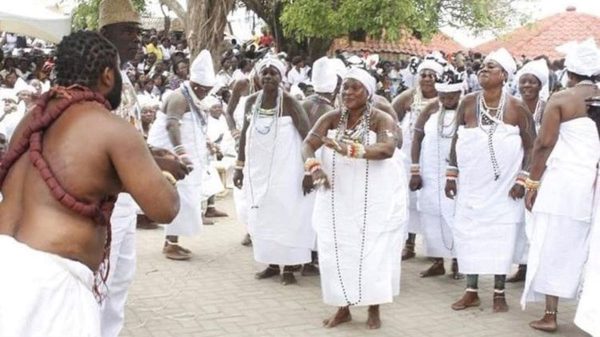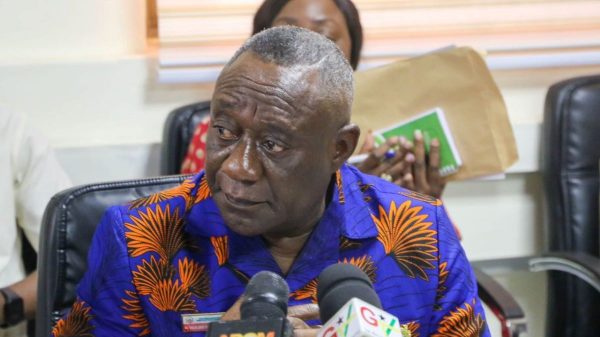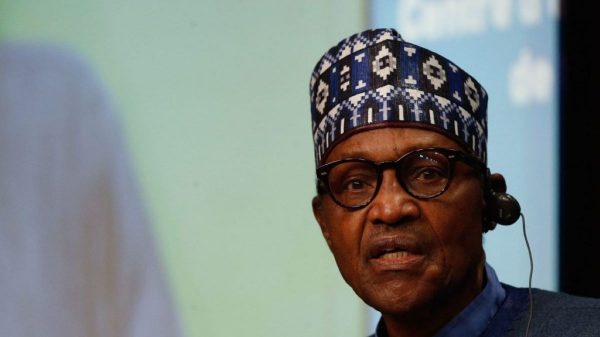Chairperson of the Commission, Mrs. Jean Mensa has revealed that, the commission is mindful of the fact that, it has been seen by some as some ivory tower far removed from its stakeholders in the nation’s development and as a very influential person in politics and on the globe as a whole.
This comes at the back of the Former President of the Republic of Ghana, His Excellency, Jerry John Rawlings urging the leadership of the organization responsible for Ghana’s general elections, to do all in their legal power to maintain the sanctity of the power of the right of choice.
In a detailed brief amidst a meeting with the former President of Ghana, the Electoral Commissioner listed some of the Commission’s actions since it took over in August last year, describing as unfortunate the fact that the Ayawaso West Wuogon by-election was marred by violence.
Mrs. Mensa said the Commission recognizes that things are different and even with registration there could be pockets of violence so it has engaged the IGP who has deployed officers to the various centres. She disclosed that for future elections the Commission will engage the security agencies very early in order to undertake training and other forms of preparation.
Touching on the Representation of the People Amendment Act (ROPAA), the Chairperson of the Electoral Commission said when she was inducted into office there was an electoral suit enjoining the Commission to implement provisions of the Act and that necessitated the establishment of an implementation committee to engage stakeholders to seek their views. She added that, the committee was almost done with its report and will be visiting the United Kingdom, the United States and Senegal for further views and assessment of the process after which budgets and the necessary constitutional instruments will be drawn up for Parliamentary approval.
Madam Jean Mensa commended her predecessors for the good role they had played in building and strengthening the electoral process from 1992 to date. She however noted that while the process had been improved by successive Commissioners, there are institutional challenges that have affected the smooth administration of the Commission and which the current Commissioners are working to resolve.
According to her, not much has been done on the institutional front. She said, the Electoral Commission have existed like most of the political parties, an election machine so to speak and they’ve recognized that it is an organization that does not have a governance framework. Standard administrative, finance, procurement and Human Resource policies to guide the Commission are nonexistent.
The Electoral Commissioner said, some staff had not been promoted for 15 to 17 years leading to staff being demoralized and structures are being put in place in conjunction with the Public Services Commission to regularize the policy framework. She also disclosed that audit, tax and advisory services company, KMPG, was being consulted to provide a comprehensive audit of the Commission as part of the institutional review and governance process.
On the contentious matter of the Inter-party Advisory Committee (IPAC), the Electoral Commission boss revealed that, meetings of the committee had been fixed for the first Wednesday of every month. She said even though the Commission was not bound by law to set up the IPAC as a consultative platform to the parties, explaining that, it was important to have a regular dialogue with political parties for the purpose of building consensus around some of the issues confronting the country.
The Commissioner however conceded that, the meetings had not been smooth-sailing referring to them however as teething problems which would be resolved with time when the Commission builds the trust and confidence of political parties.
Clarifying issues concerning the limited voter registration, Mrs. Mensah said the Commission determined in the March IPAC meeting that the registration will take place at District Electoral offices.
She said the Commission was in the process of reviewing its entire biometric structure because a $56 million proposal to upgrade the existing biometric interface had been deemed uneconomical by a biometric expert who had advised the Commission in 2011. She said the expert was of the view that because the biometric process had evolved since 2011 it was imperative and actually about $20 million cheaper to embrace a modern biometric interface.





























